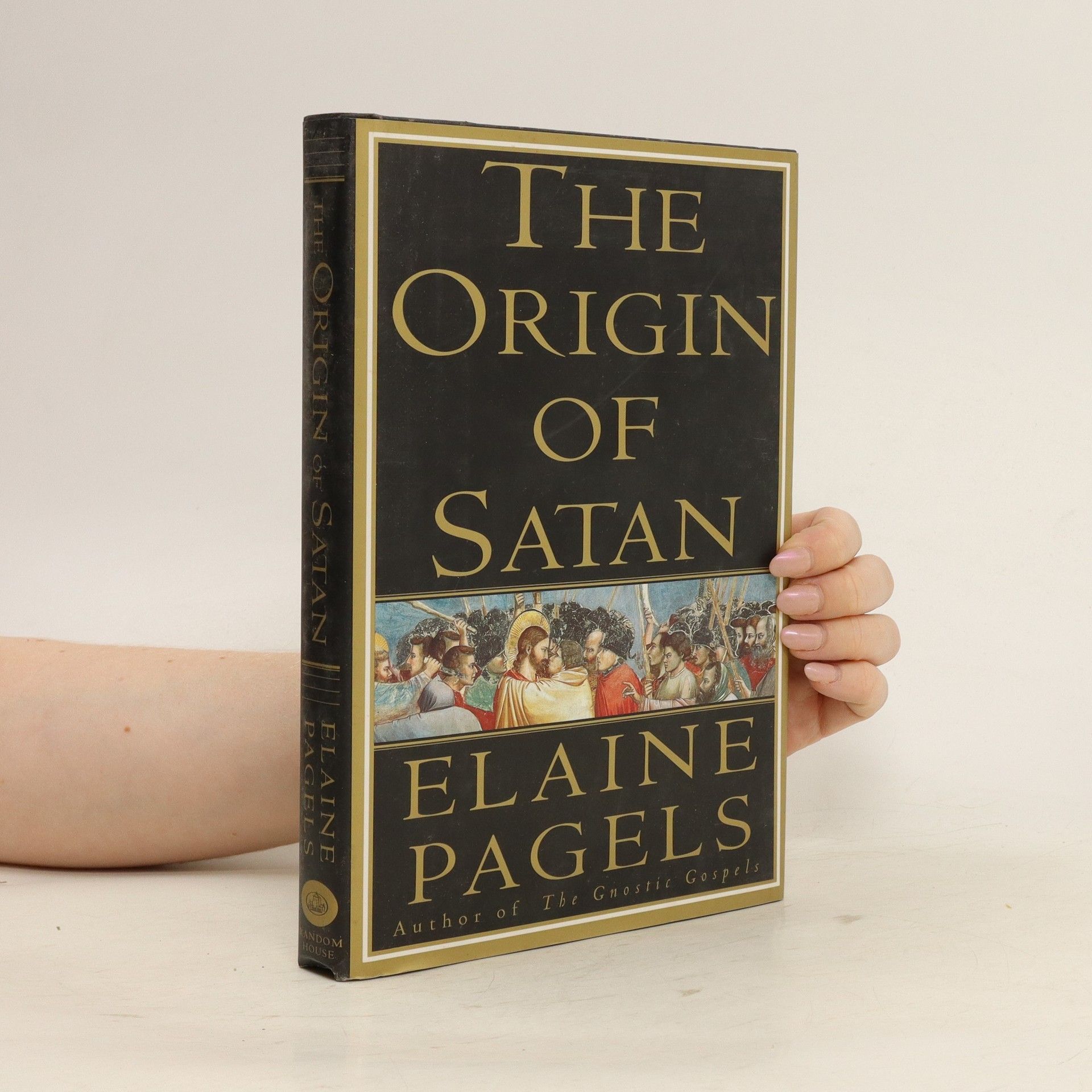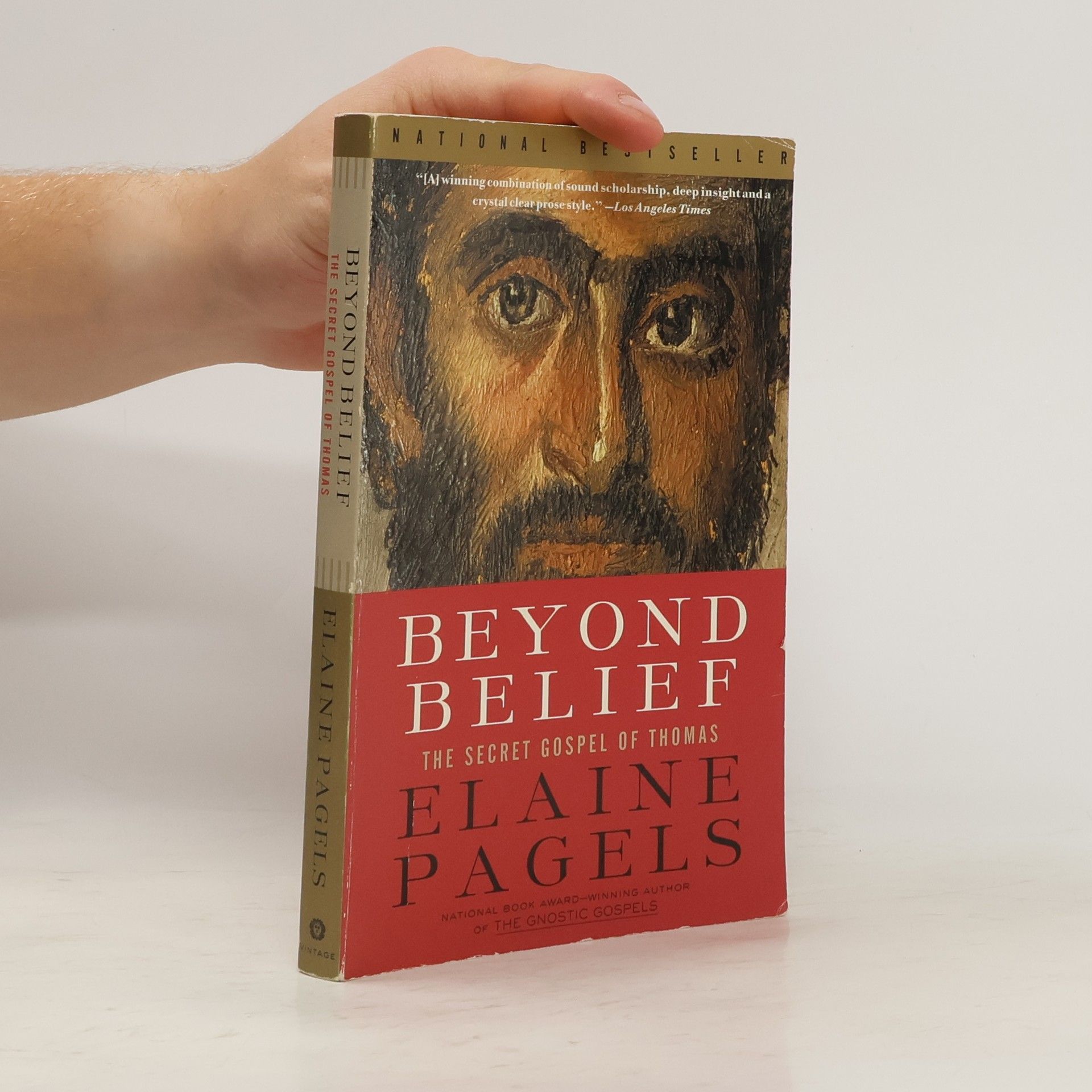Il Vangelo segreto di Tommaso
- 204pagine
- 8 ore di lettura
Il Vangelo di Tommaso, rinvenuto con altri manoscritti gnostici nel 1945 a Nag Hammadi, nell'Alto Egitto, ha un valore storico e teologico inestimabile. Perché allora fu condannato alla distruzione? Cosa spinse la Chiesa dei seguaci di Cristo, oggetto di feroci persecuzioni, ad approvare il Credo niceno e a stabilire che alcune testimonianze sulla vita e sull'insegnamento di Gesù erano ortodosse e altre eretiche? In questo libro Elaine Pagels istituisce un appassionato confronto storico e filologico fra il Vangelo di Tommaso (di cui fornisce una nuova traduzione) e quello di Giovanni, scorgendovi due diverse interpretazioni della presenza di Dio nel mondo. La lettura dei testi apocrifi, infatti, così cronologicamente e semanticamente vicini alla predicazione di Gesù, continua a suggerire verità alternative e ad aprire nuovi percorsi di ricerca, sia religiosa sia storico-scientifica. In questo libro ricco di spiritualità, la Pagels ci rivela la grande lezione di umanità e di antidogmatismo presente nell'insegnamento "negato " di Tommaso, suggerendo una nuova chiave di lettura di pagine di storia cristiana rimaste troppo a lungo celate.








